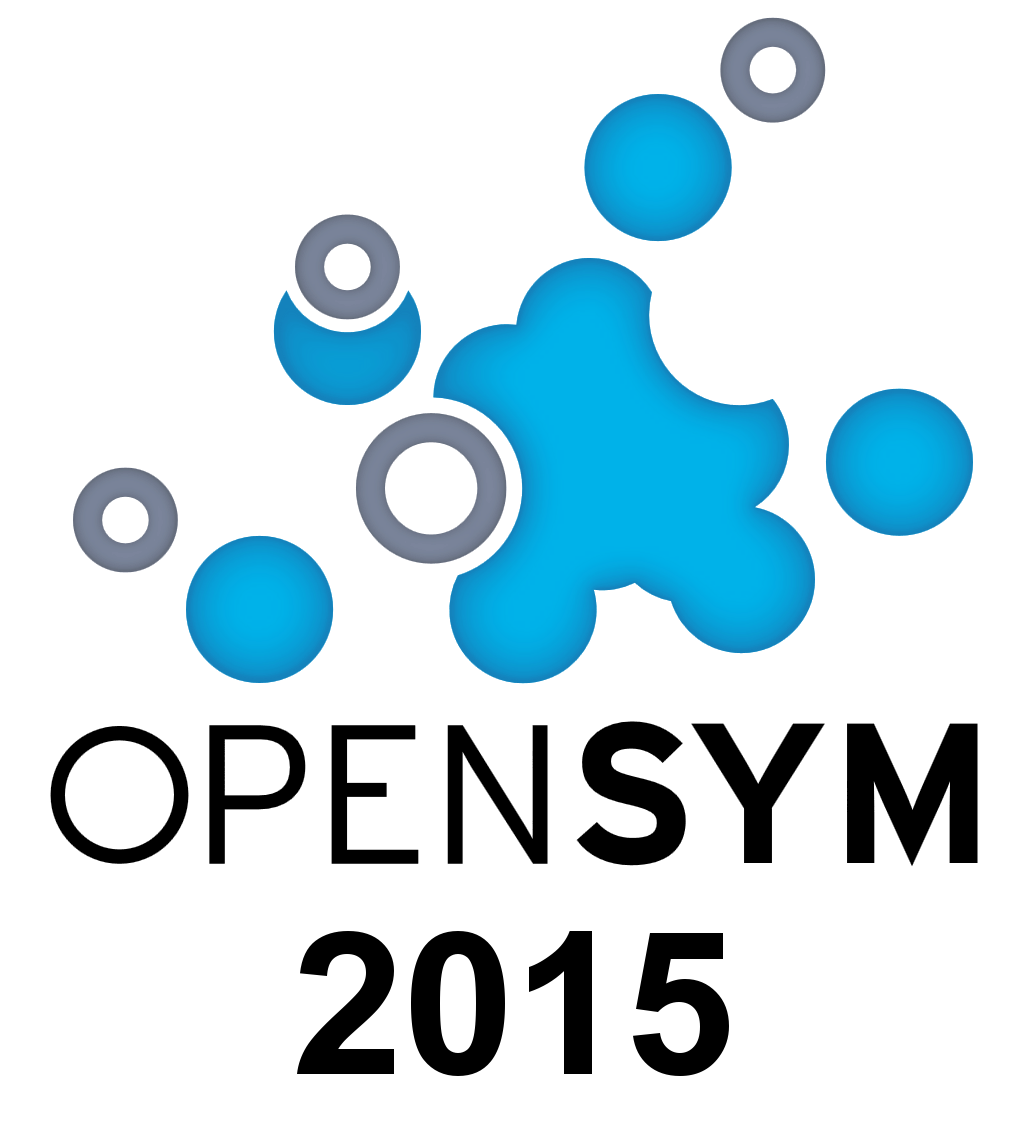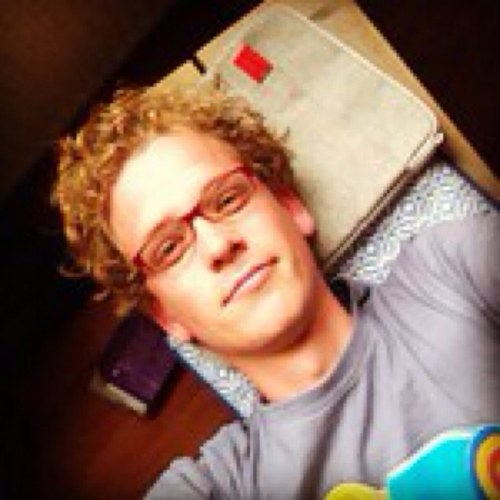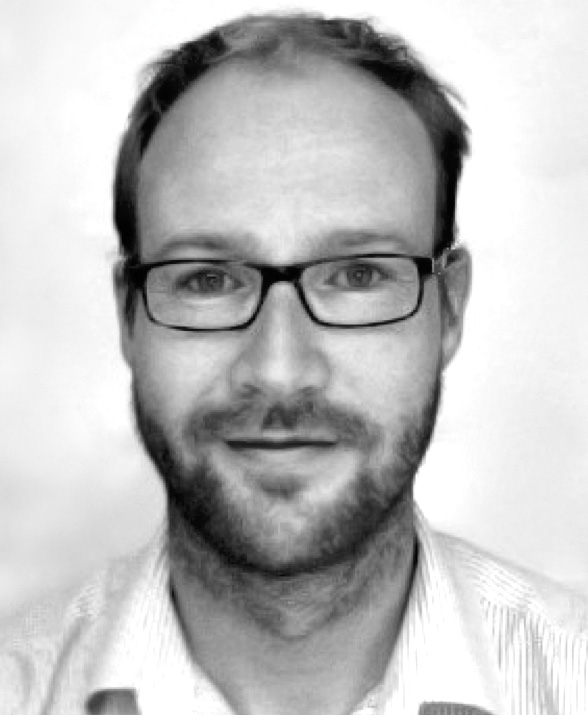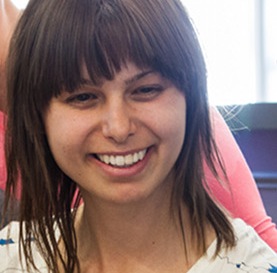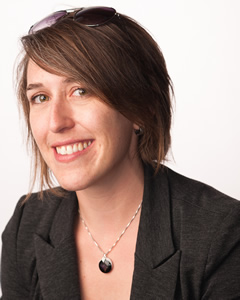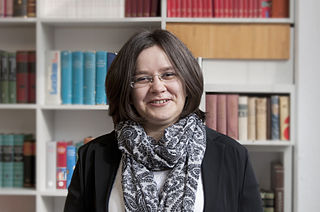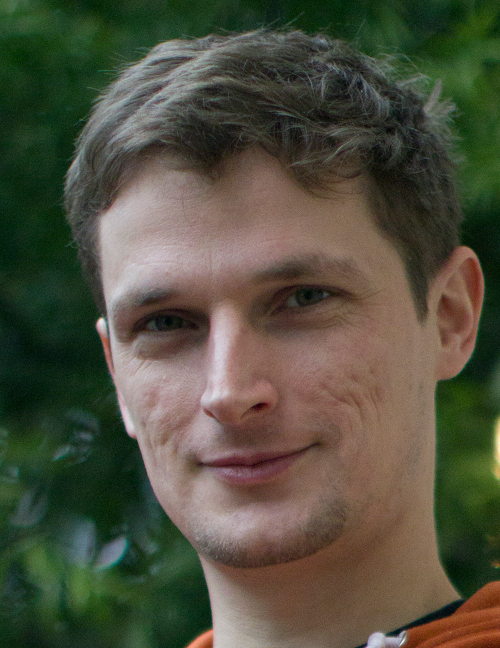OpenSym 2015, the 11th International Symposium on Open Collaboration
August 19-21, 2015 | San Francisco, California, U.S.A.
http://opensym.org/os2015/call-for-papers/
About the Conference
The 11th International Symposium on Open Collaboration (OpenSym 2015) is the premier conference on open collaboration research and practice, including free/libre/open source software, open data, IT-driven open innovation research, wikis and related open collaborative media, and Wikipedia and related Wikimedia projects.
OpenSym brings together the different strands of open collaboration research and practice, seeking to create synergies and inspire new collaborations between computer science and information systems researchers, social scientists, legal scholars, and everyone interested in understanding open collaboration and how it is changing the world.
OpenSym 2015 will be held in San Francisco, California, on August 19-21, 2015.
This is the general call for papers and includes the
OpenSym is held in-cooperation with ACM SIGWEB and ACM SIGSOFT. As in previous years, the conference proceedings will be archived in the ACM digital library.
The conference provides the following peer-reviewed research tracks.
- Free/libre/open source software research, chaired by Carlos Jensen of Oregon State University and Gregorio Robles of Universidad Rey Juan Carlos. This track seeks papers on all aspects of FLOSS. For detailed topics and the research track committee please see http://wp.me/Pezfy-IU.
- IT-driven open innovation research, chaired by Ann Majchrzak of University of Southern California and Arvind Malhotra of University of North Carolina at Chapel Hill. This track is devoted to research on the process of expanding research and development activities beyond the boundaries of single company structures. For detailed topics and the research track committee please see http://wp.me/Pezfy-J3.
- Open data research, chaired by Carl Lagoze of University of Michigan. This track contributes to the increasing awareness on Open Data in research. For detailed topics and the research track committee please see http://wp.me/Pezfy-J5.
- Wikis and open collaboration research, chaired by Kevin Crowston of Syracuse University. This track is dedicated to the science and application of wikis and open collaboration technology outside of the context of Wikipedia. For detailed topics and the research track committee please see http://wp.me/Pezfy-J7.
- Wikipedia and related projects research, chaired by Claudia Müller-Birn of Freie Universität Berlin and Aaron Shaw of Northwestern University. This track addresses research specifically on Wikipedia and associated projects. For detailed topics and the research track committee please see http://wp.me/Pezfy-J9.
Research papers present integrative reviews or original reports of substantive new work: theoretical, empirical, and/or in the design, development and/or deployment of novel concepts, systems, and mechanisms. Research papers will be reviewed by a research track program committee to meet rigorous academic standards of publication. Papers will be reviewed for relevance, conceptual quality, innovation and clarity of presentation.
Authors can submit full papers (5-10 pages), short papers (2-4 pages), and research posters (1-2 pages). For more details on paper types please see http://wp.me/Pezfy-Je.
Submission deadline for all research contributions is April 13th, 2015 AoE (March 29th, 2015).
Authors submit through EasyChair at https://easychair.org/conferences/?conf=opensym2015. Submissions and final contributions must follow the ACM SIG Proceedings template found at http://www.acm.org/sigs/publications/proceedings-templates.
OpenSym seeks to accommodate the needs of the different research disciplines it draws on. Authors whose submissions have been accepted for presentation at the conference have a choice of having
- their paper become part of the official proceedings, archived in the ACM Digital Library, or having
- only a short abstract included in the proceedings (rather than the full submitted paper) in order to preserve future publication possibilities.
OpenSym seeks to explore the synergies between all strands of open collaboration research. Thus, we will have a doctoral symposium, in which Ph.D. students from different disciplines can present their work and receive feedback from senior faculty and their peers.
Submission deadline for doctoral symposium position papers is May 3rd, 2015.
Authors submit through EasyChair at https://easychair.org/conferences/?conf=opensym2015. Submissions and final contributions must follow the ACM SIG Proceedings template found at http://www.acm.org/sigs/publications/proceedings-templates.
The Doctoral Symposium is chaired by Andreea Gorbatai of University of California at Berkeley. More information is available at http://wp.me/Pezfy-Jh.
OpenSym is also seeking submissions for experience reports (full and short), tutorials, workshops, panels, non-research posters, and demos. Such work accepted for presentation or performance at the conference is considered part of the industry and community track. It will be put into the proceedings in an industry and community track section; authors can opt-out of the publication, as with research papers, but will still have to provide an abstract (less than one page) for the proceedings.
Submission deadline for industry and community track papers is April 19, 2015.
Authors submit through EasyChair at https://easychair.org/conferences/?conf=opensym2015. Submissions and final contributions must follow the ACM SIG Proceedings template found at http://www.acm.org/sigs/publications/proceedings-templates.
The industry and community track is chaired by Simon Dückert of Cogneon GmbH and Dirk Riehle of Friedrich-Alexander-University Erlangen-Nürnberg. More information is available at http://wp.me/Pezfy-Jk.
The OpenSym Conference Experience
OpenSym 2015 will be held in San Francisco, California, on August 19-21, 2015. Research, industry, and community presentations and performances will be accompanied by keynotes, invited speakers, and a social program in one of the most vibrant cities on this planet.
The open space track is a key ingredient of the event that distinguishes OpenSym from other conferences. It is an integral part of the program that makes it easy to talk to other researchers and practitioners and to stretch your imagination and conversations beyond the limits of your own sub-discipline, exposing you to the full breadth of open collaboration research. The open space track is entirely participant-organized, is open for everyone, and requires no submission or review.
The general chair of the conference is Dirk Riehle of Friedrich-Alexander University Erlangen-Nürnberg. Feel free to contact us with any questions you might have at info@opensym.org.
The general organization committee can be found here: http://www.opensym.org/os2015/organization/
